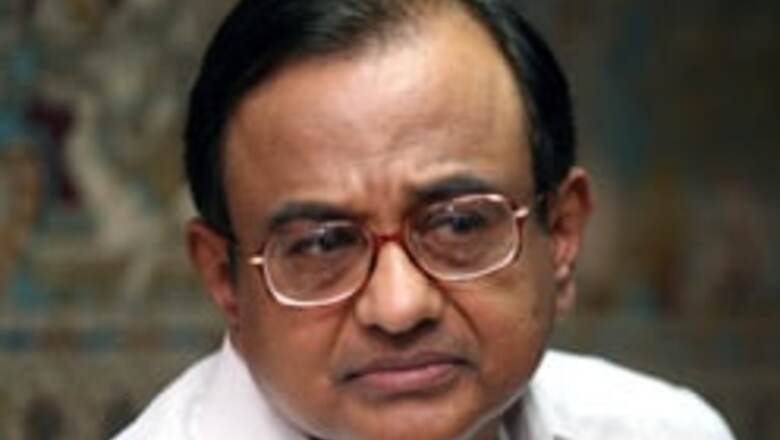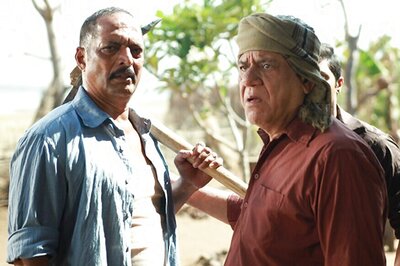
views
New Delhi: The controversial Banking Cash Transaction Tax, which makes non-corporate entities to pay 0.01 per cent tax on all cash withdrawals above Rs 25,000 from current accounts on a single day and subjects corporates to the levy if they withdraw more than Rs 1,00,000 in a day from current accounts, is likely to stay in the next fiscal as well.
According to North Block sources, the government is very likely to continue with the tax as the Income Tax Department has recommended its retention as a tool that has helped it track black money worth thousands of crores.
There have been strong demands from industrial bodies and some allies of the UPA Government to withdraw the Banking Cash Transaction Tax, which had sparked off a huge storm when Union Finance Minister P Chidambaram first floated it in 2005.
An official said considering repeated suggestions from finance ministers of some states and some MPs, Chidambaram may, however, exempt states and government departments from paying BCTT on salary withdrawals. However, the tax will remain there for the corporates and individuals, the official said.
So much so that the government had to exempt withdrawals from savings accounts from BCTT besides other dilutions in the original proposal after criticism from various quarters.
"Although the government collected merely Rs 404 crore through BCTT till January 31, 2006, it has collected about Rs 357 crore from BCTT by December-end this fiscal," PTI quoted a senior income tax official as saying.
The BCTT has proved one of the most effective investigative tools in the hands of Income Tax officials to unearth black money and check the flow of black money in the economy, the official added.
Finance Minister P Chidambaram has gone on record, saying he proposes to continue with the BCTT for some more time until the Annual Information Return system is able to capture all significant financial transactions. North Block sources say the government plans to bring more areas under Annual Information Returns (AIRs) this year.
Currently there are seven areas, including cash deposits of Rs 10 lakh a year in a bank, credit card payment up to Rs 2 lakh under AIRs, which have been used as mechanisms to track high-value spenders.


















Comments
0 comment